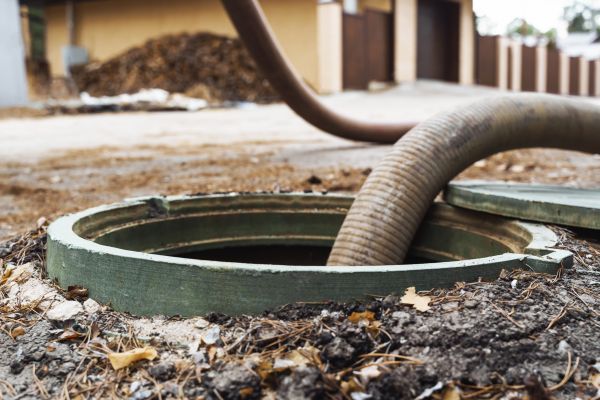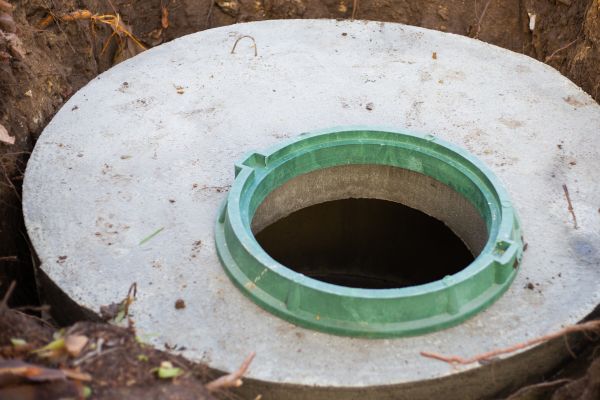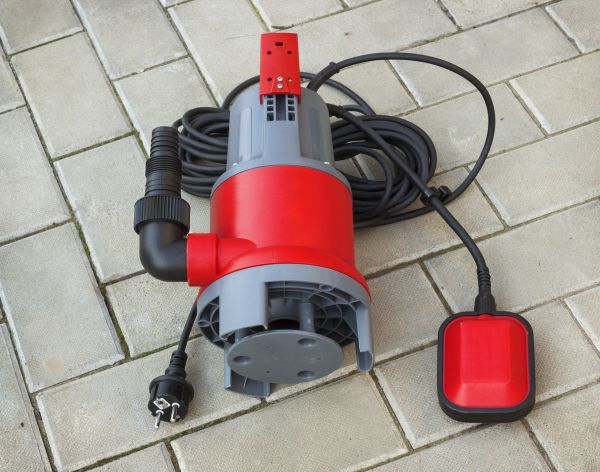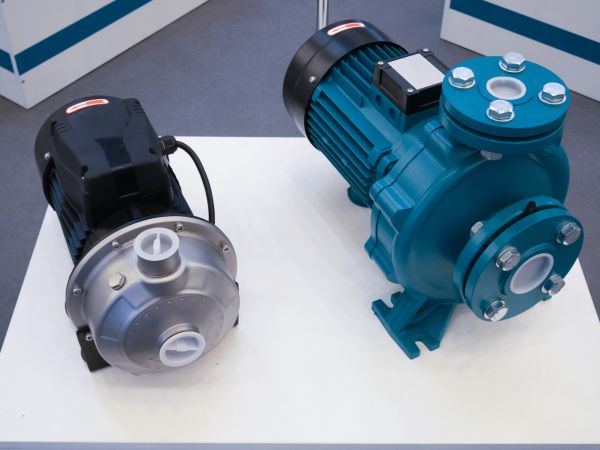Septic Pump Installation Service
Affordable Septic Pump Installation
Septic pump installation is a crucial process in maintaining the efficiency and functionality of a septic system. A septic pump is designed to move waste from a lower elevation to a higher one, ensuring that wastewater is properly transported and treated. This is particularly important in areas where the terrain does not naturally allow for gravity flow. Proper installation of a septic pump can prevent costly repairs, environmental hazards, and health risks associated with sewage backups. It ensures the system operates smoothly, providing peace of mind and safeguarding the property.
Benefits of Septic Pump Installation
-
Prevents Sewage Backups
Installing a septic pump can significantly reduce the risk of sewage backups. By efficiently moving wastewater through the system, it prevents overflow and the unpleasant, unsanitary conditions that come with it. This proactive measure helps maintain a clean and safe environment for residents. -
Enhances System Longevity
A well-installed septic pump contributes to the longevity of the entire septic system. By ensuring that waste is properly managed and transported, the pump reduces stress on the system, leading to fewer repairs and replacements over time. This not only saves on maintenance costs but also extends the lifespan of the septic infrastructure. -
Improves Waste Management Efficiency
With a septic pump, waste management becomes more efficient, especially in challenging terrains. The pump ensures that wastewater is effectively moved to treatment areas, optimizing the septic system's performance. This efficiency is vital for maintaining a healthy and functional waste disposal process. -
Protects the Environment
Proper septic pump installation plays a key role in protecting the environment. By preventing leaks and overflows, it minimizes the risk of contaminating local water sources and soil. This commitment to environmental stewardship helps preserve natural resources and supports sustainable living practices.
FAQs About Septic Pump Installation
What is the role of a septic pump in a septic system?
A septic pump is responsible for moving wastewater from a lower elevation to a higher one, ensuring that it reaches the treatment area efficiently, especially in terrains where gravity flow is insufficient.
How often should a septic pump be serviced?
It is recommended to have the septic pump inspected and serviced annually to ensure optimal performance and address any potential issues before they become major problems.
Can a septic pump installation be a DIY project?
While some homeowners may have the skills to install a septic pump, it is generally advised to hire a professional to ensure proper installation and compliance with local regulations.
What are the signs that a septic pump needs replacement?
Common signs include frequent sewage backups, unusual noises from the pump, and a noticeable increase in energy bills. If these occur, it may be time to consider a replacement.
Fill out the contact form to request Septic Pump Installation today and enjoy the benefits of professional service, including preventing sewage backups, enhancing system longevity, improving waste management efficiency, and protecting the environment.




